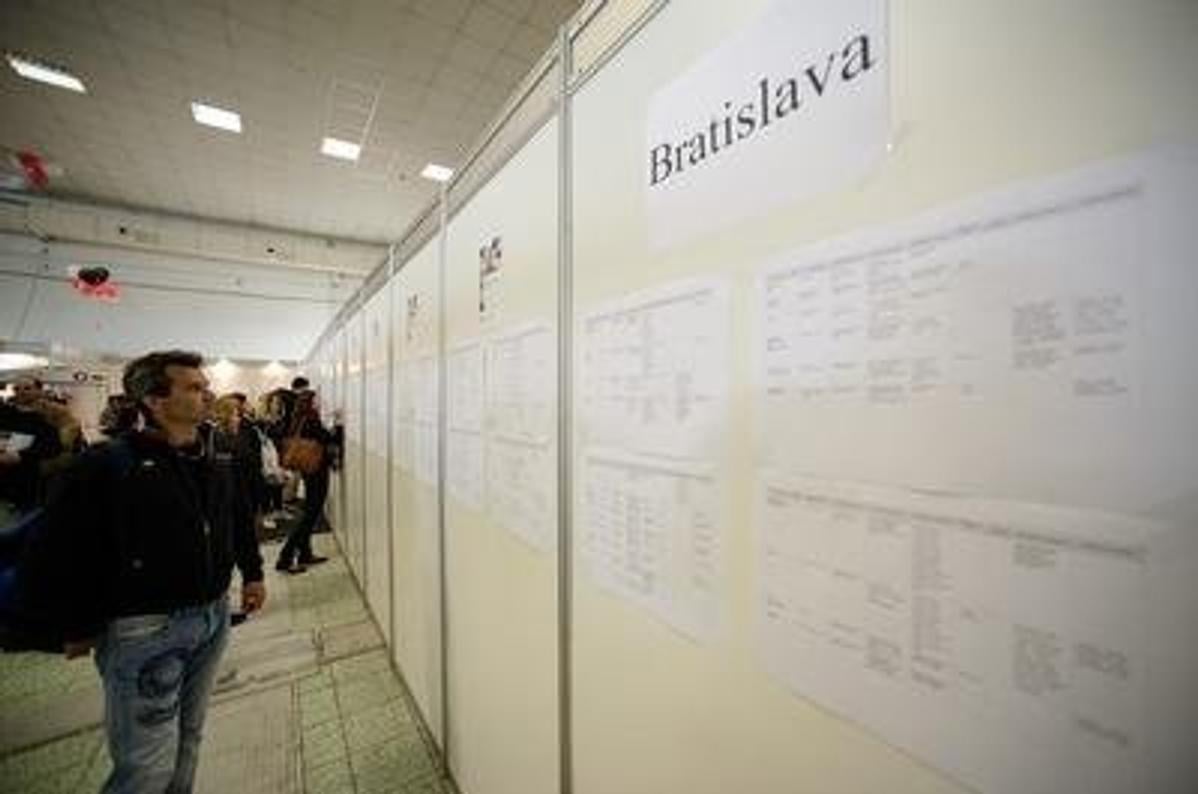The dynamics of Slovakia’s economic growth should gradually accelerate in the coming years, according to the current macro-prognosis of the Finance Ministry. It expects the economy to grow by 3.2 percent of GDP this year, while next year it should accelerate to 3.7 percent, in 2018 to 4.1 percent and in 2019 to 4.6 percent.
The current prognoses thus remain nearly unchanged compared with January predictions. The only change is an increase in economic growth expectations for next year by 0.1 percentage points, the SITA newswire reported.
The Slovak economy should grow by 3.2 percent this year despite the worsened external environment, according to the analysts of the Institute of Financial Policy (IFP). The dynamics of Slovak economy next year should be improved also by investment activity in the automotive industry and the construction of the Bratislava ring road project.
The increase in economic growth may be negatively impacted by brexit. On the other hand, a positive risk is delayed, but a stronger impact is made by the quantitative easing on investments and household consumption in the eurozone, SITA wrote.
The current prognosis, however, does not include the risk of the results of British referendum. The Finance Ministry will deal with them only after they will be published, said its State Secretary Radko Kuruc.
“Of course, we all expect the United Kingdom will remain in the EU,” Kuruc said, as quoted by SITA. “In other case the Finance Ministry will prepare documents so the September prognosis will include this scenario.”
As for the labour market, the ministry expects the jobless rate to drop quicker than originally expected. It should fall by 0.7 percentage points to 9.7 percent this year, while it should continue decreasing to 8.7 percent in 2017, 7.5 percent in 2018 and 6.5 percent in 2019.
The employment should rise by 1.7 percent this year, and then slow down to 1 percent in 2017, 1.1 percent in 2018 and 0.9 percent in 2019. This year the analysts predict that nearly 40,000 new jobs will be created, as reported by SITA.
The ministry also revised the inflation prognosis. The consumer prices should drop by 0.3 percent this year, while in January it expected them to rise by 0.2 percent. In the following two years the prices should rise by 1.3 percent and 1.8 percent, respectively (down by 0.3 percentage points compared with the previous prognosis). In 2019 the ministry predicts the prices to rise by 2.1 percent.
The development will however positively impact the real salaries which should increase by 3.4 percent this year, 3 percent in 2017 and 2.7 percent in 2018, SITA wrote.



 Jobless rate should continue decreasing. (source: TASR)
Jobless rate should continue decreasing. (source: TASR)